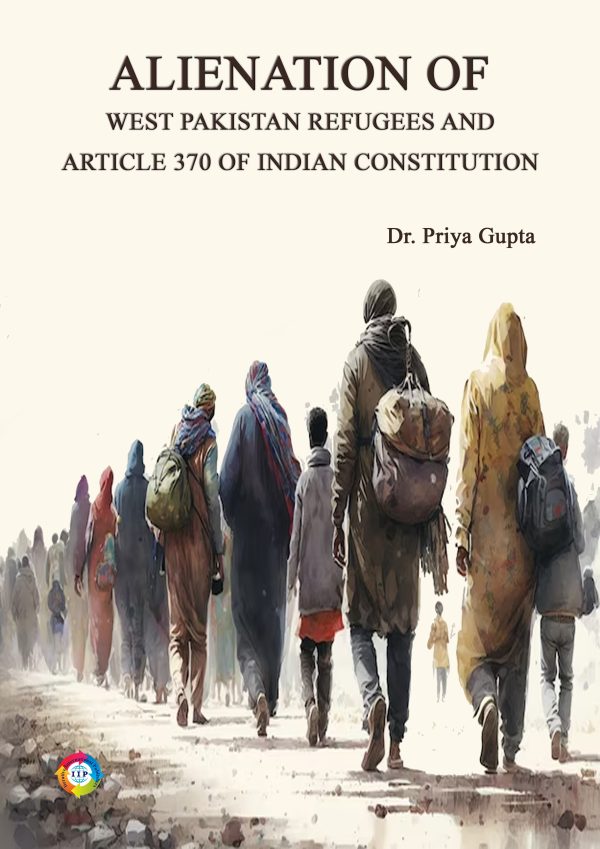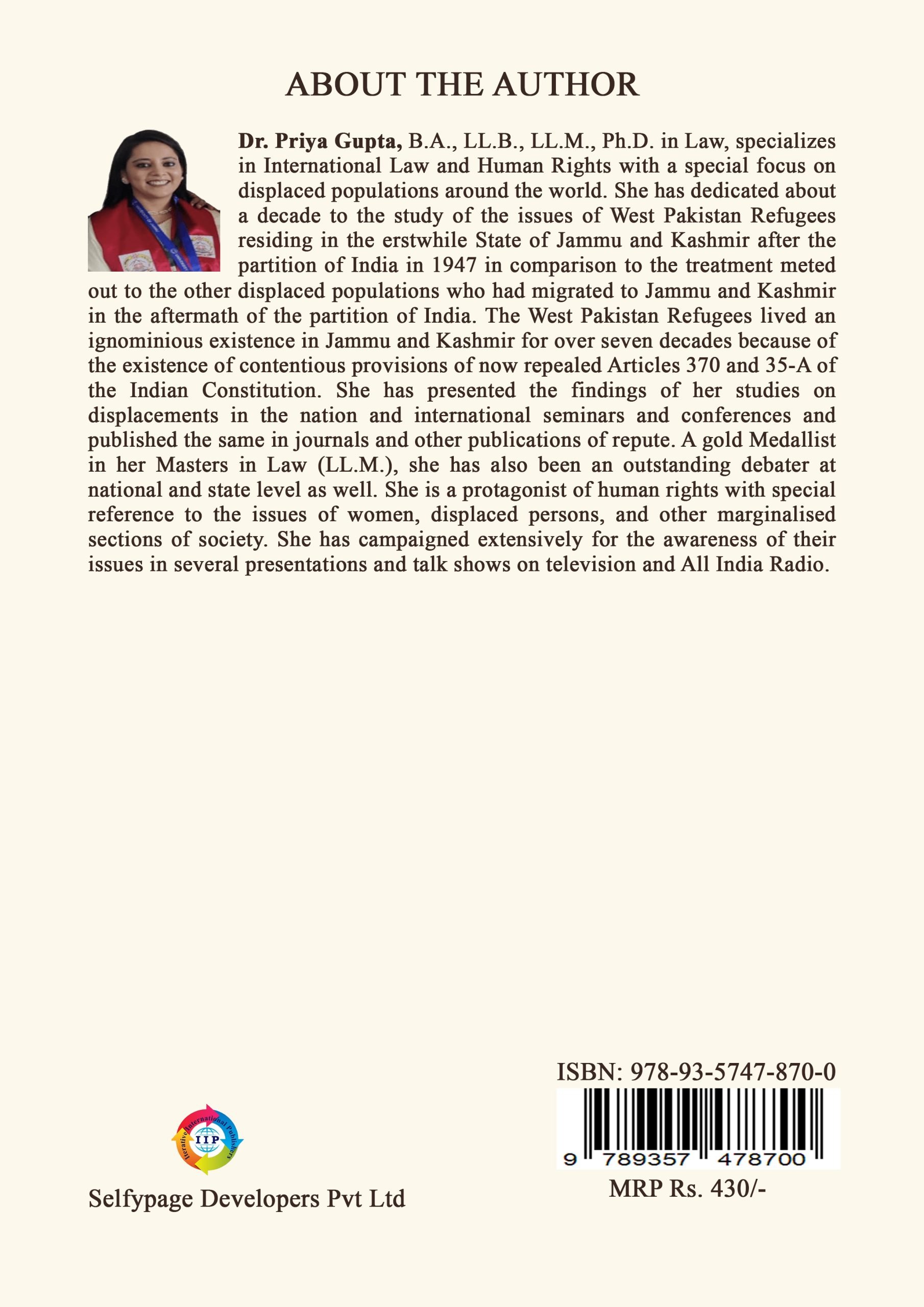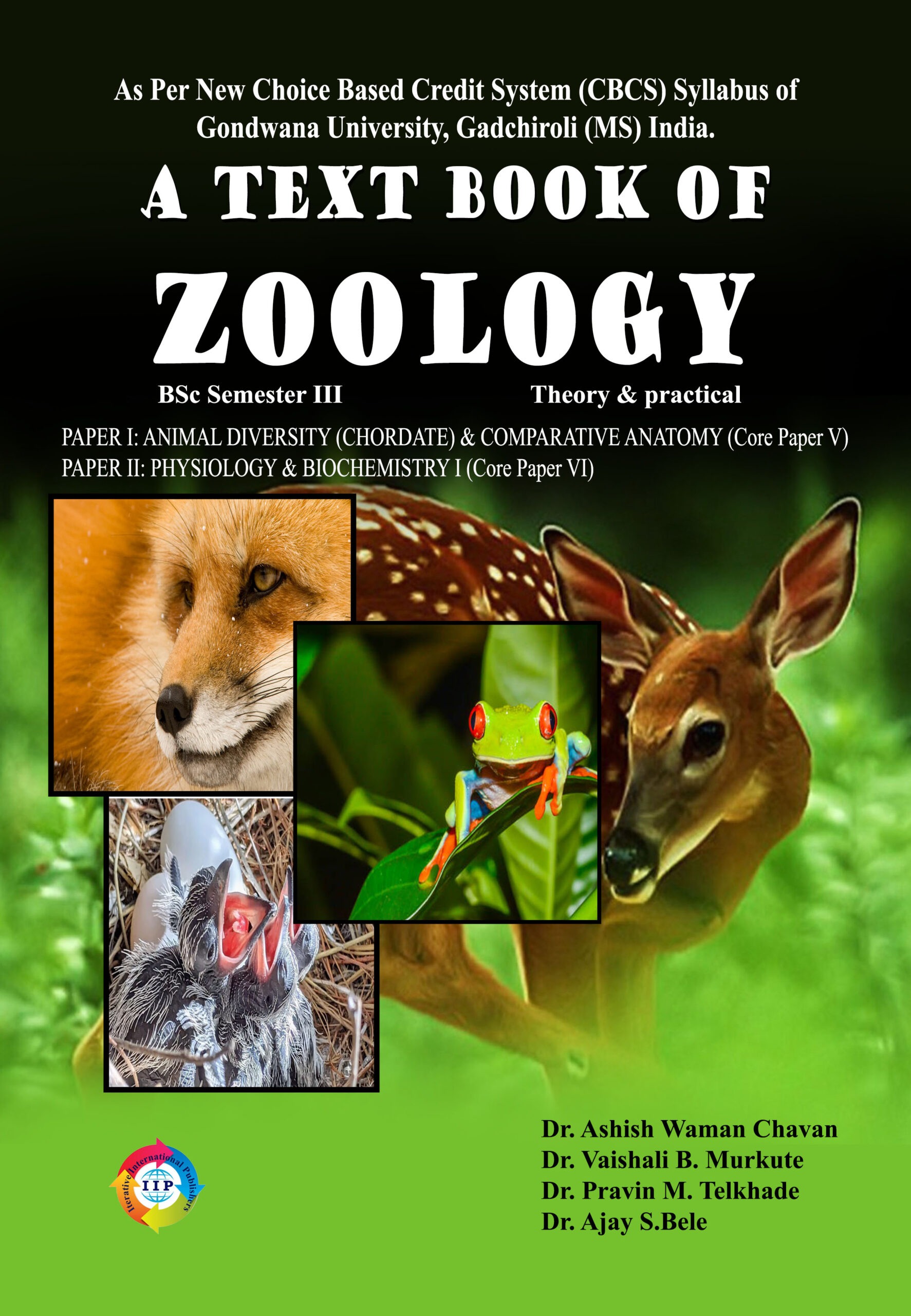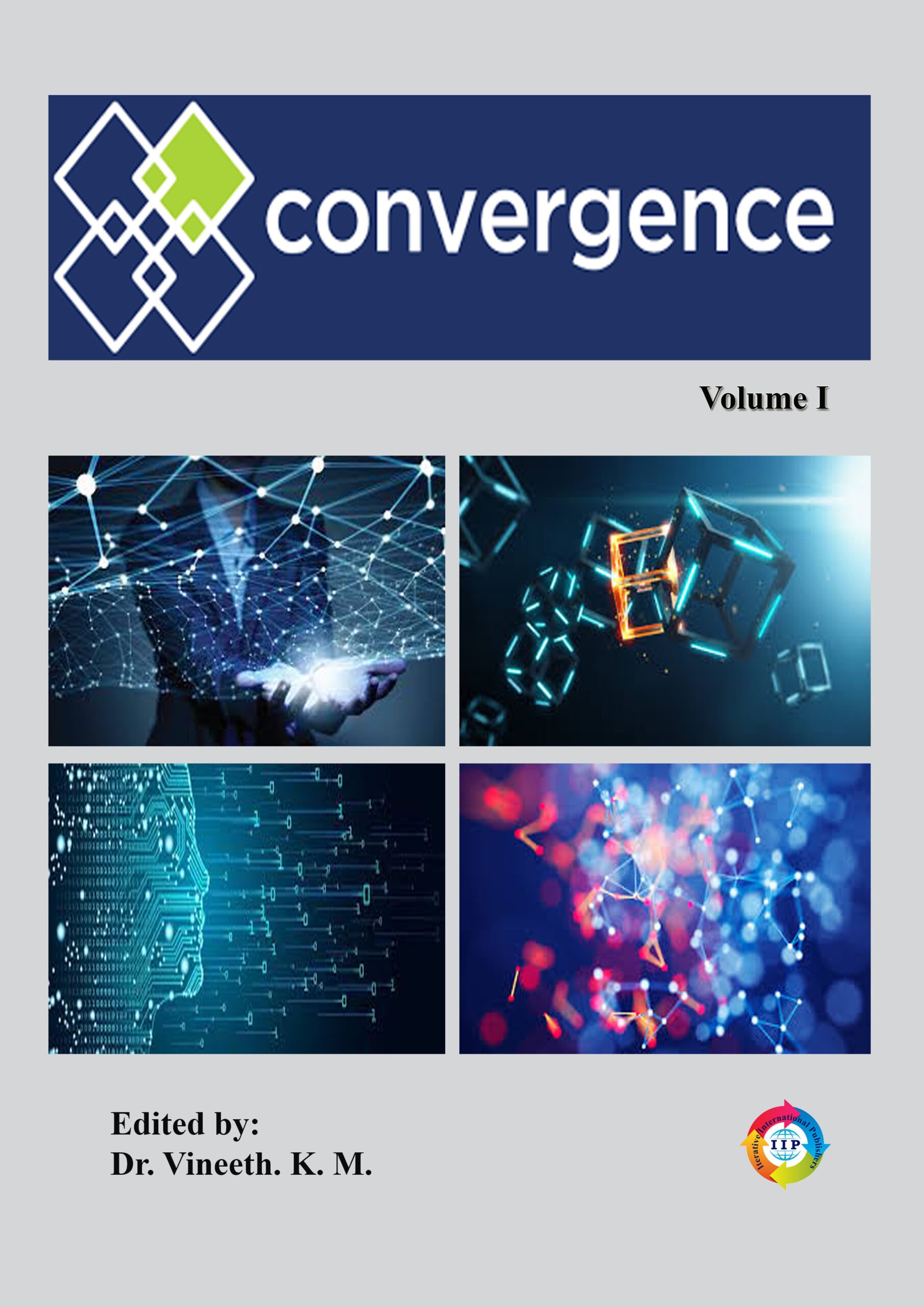Issues relating to ‘displaced persons’, ‘refugees’ or ‘migrants’ had always been lingering on the roads of uncertainty and unpredictability within India due the lack of any effective implementation mechanism and legal instruments relating to refugees and displaced persons within the Country. However, the creativity of the Indian judiciary within the realms of the expanding horizons of Article 21 of the Constitution of India, had provided shelter to all such homeless persons residing within India. Additionally, welcoming stance of the Indian government towards the various classes of refugees as well as their salvagers, like, UNHCR, within the Country had been an encouraging reality.
Unfortunately, there existed a group of persons within India, who were though the citizens of India, yet, were living in worse situations than any of the displaced persons or refugees within the Country. The displaced persons from West Pakistan who were residing on the western territory of Jammu region were still suffering on account of the political divide created by the Constitution makers in the form of Article 370 of the Constitution of India. Thus, these displaced persons were rendered homeless on their own home ground. So, while they were the rightful citizens of India, they were virtually leading the lives of aliens within Jammu and Kashmir (J&K) by virtue of not being the original inhabitants of the former State as they fled during the horrors of partition from the undivided Punjab region to the princely State of J&K which lied in the geographical proximity of their place of origin, Sialkot. While these victims were not a priority of consideration for any of the politicians at the Centre as well as the former State, they continued to struggle for an existence of equality with the ‘permanent residents’ of the erstwhile State of J&K who were accorded special privileges vis-à-vis Articles 370 and 35-A of the Constitution of India.
Thus, while the duo of Articles 370 and 35-A was always a subject matter of debate on the social as well as the political platforms, the repercussions of the same were most adversely faced by the displaced persons from West Pakistan, whose generations toiled at the hands of such legal codifications in the Central as well as former State statutes which totally disregarded a class of their citizens.
In the present work, the author brings to light legal aspects which were inimical to these displaced persons, thus, oppressing their generations and violating their basic rights to equality, life and liberty. It specifically studies in detail the after effects of the abrogation of Articles 370 and 35-A of the Indian Constitution on these people. An analysis of the combination of field study, legal provisions completely side lining the displaced persons and the secondary data was an intriguing outcome as has been explicitly depicted in the present study.









Reviews
There are no reviews yet.